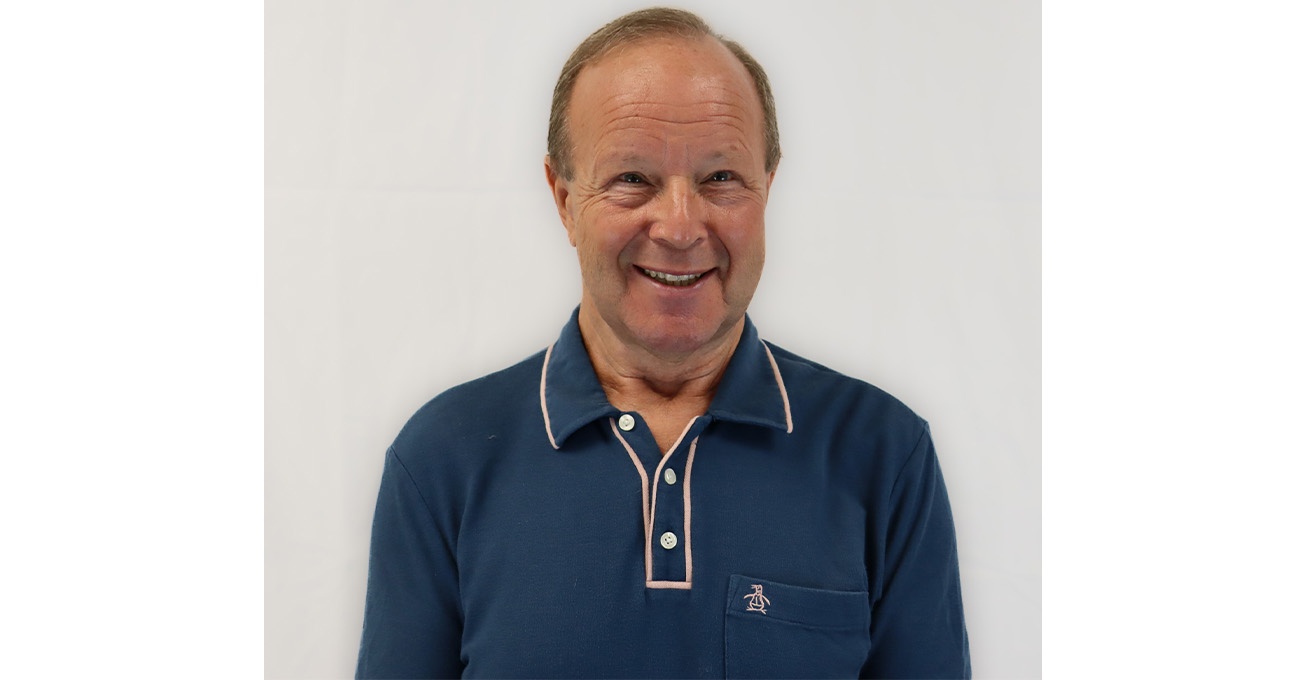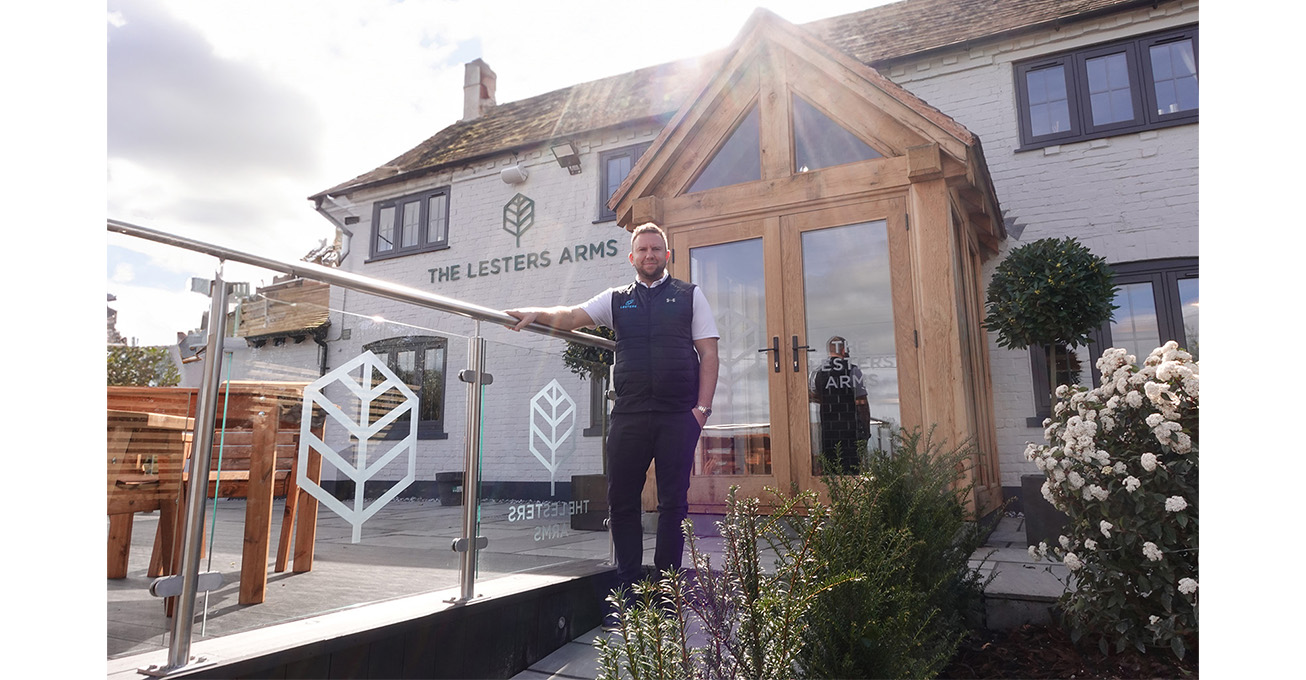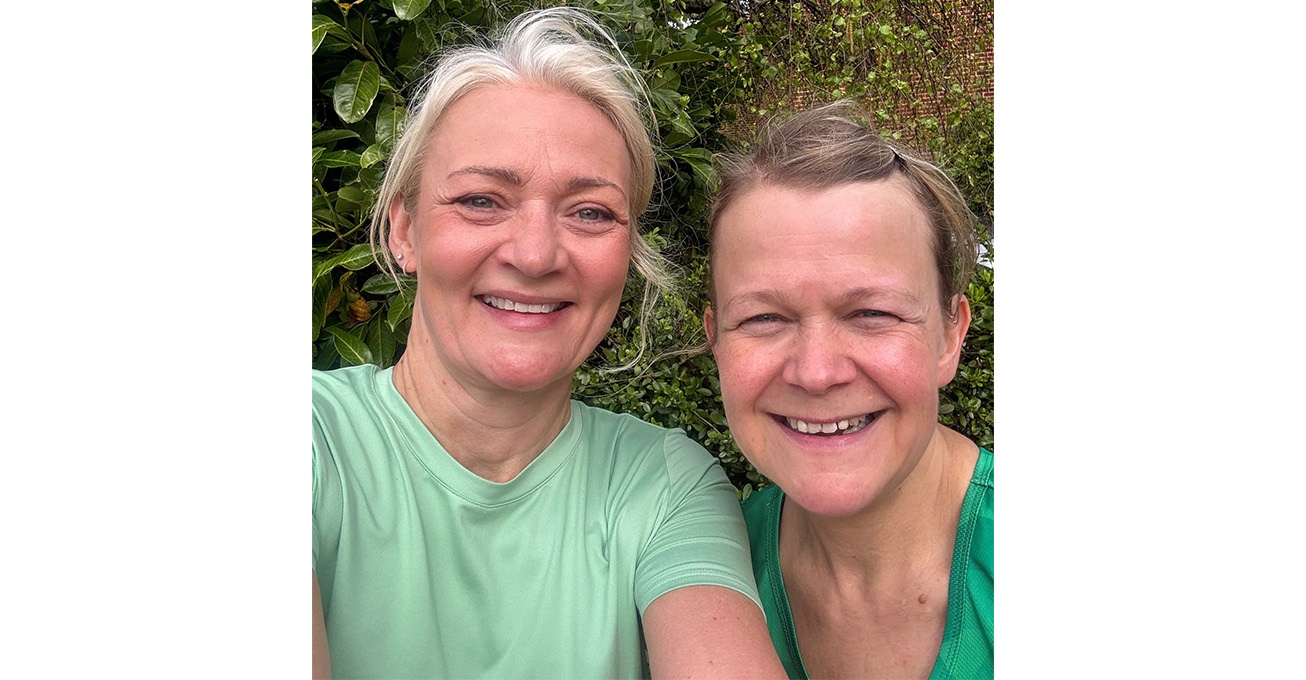Dozens of Birmingham residents are among those who have benefited from bereavement support training thanks to a project at their ExtraCare Villages.
As a five-year-long partnership between The Extracare Charitable Trust and national charity, Cruse Bereavement Care reaches its halfway point, results show that 86% of the trained residents now feel more comfortable supporting somebody who is bereaved, adding that they had felt increasingly confident in supported bereaved people.
Among those who have been trained, are 20 residents from across Bourneville Gardens, Hagley Road, Longbridge, New Oscott and Pannel Croft, all of whom can now support fellow residents who are grieving.
Longbridge Village resident, 70-year-old Sonia Jackson, said: “There’s a need for people who are bereaved to grieve in a healthy way and to have that support along the journey.
“There are a lot of people, residents who never go out of the village and when they are feeling lost and are grieving in different ways, they need the support.
“Just to know that somebody’s there, who’s willing to spend time and listen to them and give them that time they need, and somebody who’s not in their family and somebody they don’t know very well but they feel they can talk openly to with is very good.”
The project was launched in 2017, thanks to a grant from The National Lottery Community Fund, after staff at ExtraCare identified the need to better support residents and staff with bereavement, which led to them teaming up with Cruse.
Michael Spellman, Dementia Lead at The ExtraCare Charitable Trust, says that he is extremely happy with the results.
“The project aims to bridge the gap between residents and counselling, changing people’s perceptions, so talking about death, dying and bereavement becomes less of a taboo subject,” he said.
“It’s great to hear that the bereavement training is being well received, not only by the volunteers but those on the receiving end too.
“One recipient fed back saying the support she received encouraged her to resume activities she had previously enjoyed, while others say they welcomed having someone who was “trained, caring and non-judgemental to talk to.”
The results from the recent survey also showed that all volunteers now understand grief a lot better, with some residents commending the training for how much they had learnt about bereavement and more specifically, how everyone experiences it differently.
Already, 47 residents have been trained as bereavement supporter volunteers to date, with another 40 planned to be trained during the partnership.
“It’s not just grieving for a person, sometimes people are grieving the loss of a home, a pet, a job – all of which, the trained Bereavement supporters will be able to support with,” added Michael.
“We really hope that the project empowers residents, encouraging them to support one-another.
“People underestimate how powerful having just a 10 minute conversation with somebody can be but this support can often prevents any further mental health problems, as well as helps people avoid taking anti-depressants.”
As well as bereaved residents, around 200 staff have received loss and bereavement awareness training, many of whom reported feeling bereaved when a resident had died.
“We want to create a bereavement friendly community within our villages,” said Michael.
“Not only does the training offer support to bereaved staff members but it also helps them talk about dying with others, or breaking the news of death.”
Eve Wilson, Bereavement Support Project Manager at Cruse Bereavement Care, said: “We are delighted that so many ExtraCare residents have found the bereavement training helpful and feel more comfortable when supporting others who are grieving.
“It is likely that residents will experience a bereavement during their time at ExtraCare, so it is important peer-support is available to help them through this difficult time.”







